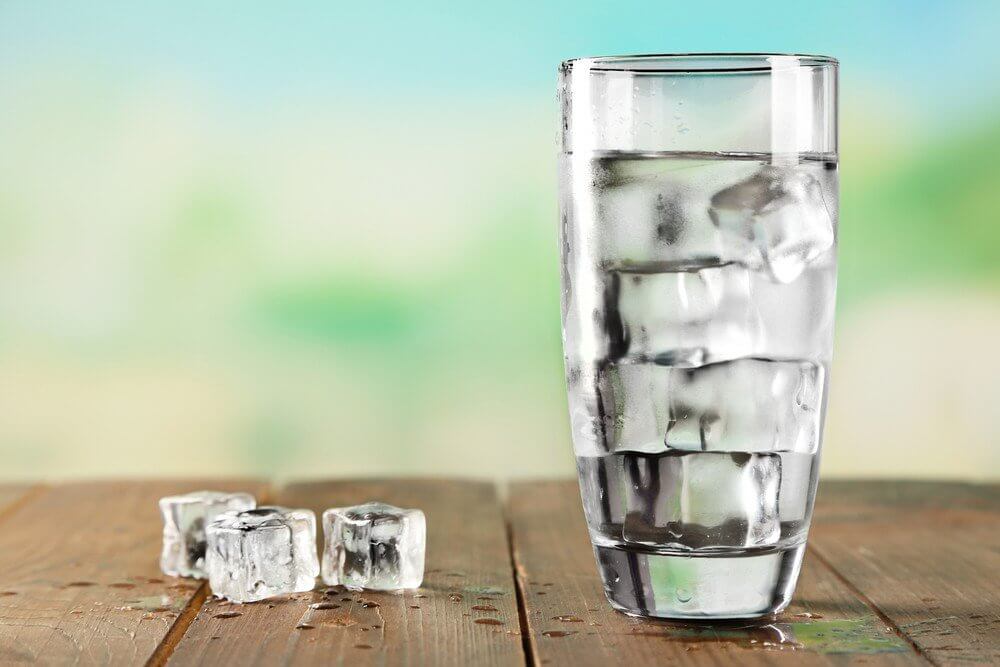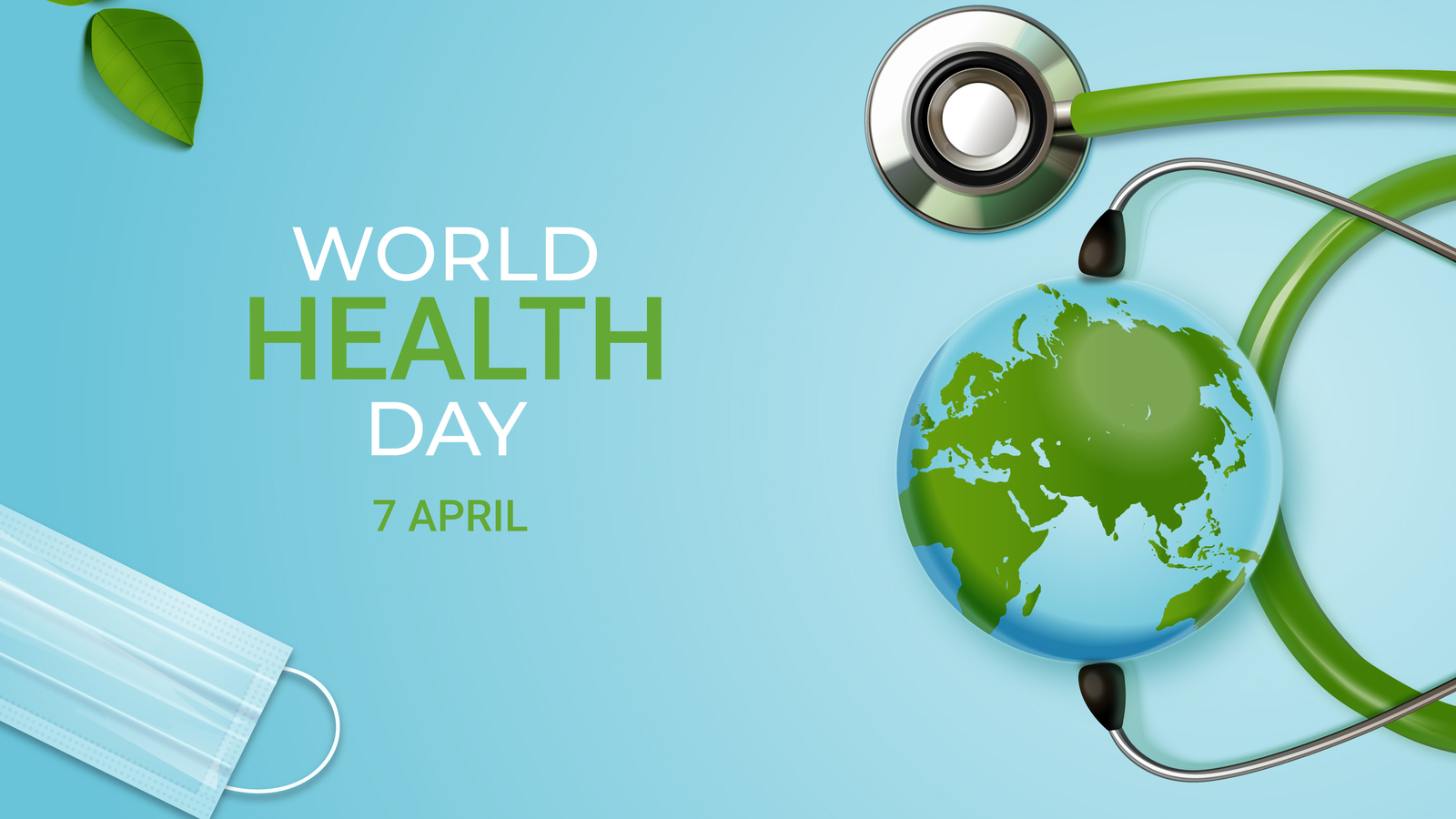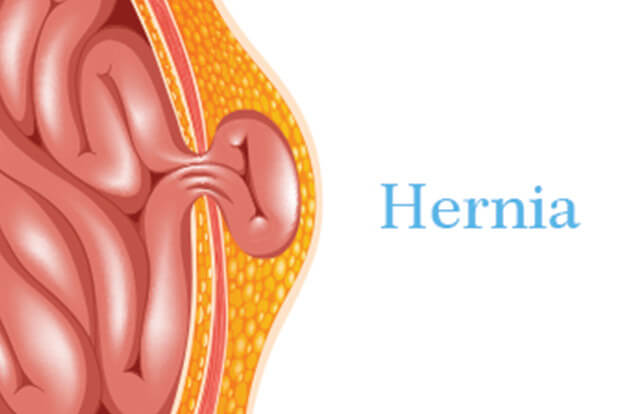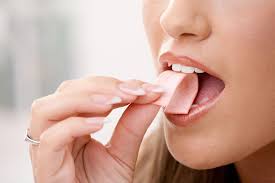Know 5 smile tips for healthy teeth and gums
Sat 17 Feb 2024, 01:21:44

Maintaining proper dental hygiene is essential for overall health and well-being. A healthy mouth not only enhances your smile but also contributes to your overall health by reducing the risk of various dental and systemic diseases. By following these five dental hygiene tips—brushing twice daily, flossing daily, using mouthwash, maintaining a balanced diet, and visiting your dentist regularly—you can enjoy a lifetime of healthy smiles and overall well-being. Remember, a healthy mouth is a gateway to a healthier you. Here are five important dental hygiene tips to help you achieve and maintain healthy teeth and gums.
Brush Twice Daily
Brushing your teeth twice a day is the cornerstone of good dental hygiene. Use a soft-bristled toothbrush and fluoride toothpaste to gently brush your teeth in a circular motion. Ensure that you brush all surfaces of your teeth, including the front, back, and chewing surfaces. Don't forget to brush your tongue as well, as it can harbour bacteria and contribute to bad breath. Brushing helps remove plaque, a sticky film of bacteria that forms on teeth and gums, preventing cavities and gum disease.
Floss Daily
In addition to brushing, flossing daily is crucial for maintaining healthy teeth and gums. Dental floss helps remove food particles and plaque from between the teeth and along the gumline, where your toothbrush may not reach effectively. To floss properly, gently slide the floss between your teeth, curve it around each tooth in a C shape, and move it up and down to remove plaque and debris. Regular flossing can prevent gum disease and reduce the risk of tooth decay and bad breath.
Use
Mouthwash
Mouthwash
Using an antimicrobial mouthwash as part of your oral hygiene routine can provide additional protection against bacteria and plaque buildup. Mouthwash helps kill bacteria in areas of the mouth that may be difficult to reach with brushing and flossing alone, such as the back of the tongue and between teeth. Choose a mouthwash that contains fluoride to strengthen tooth enamel and protect against cavities. However, it's important to note that mouthwash should not replace brushing and flossing but should be used as a supplementary measure for optimal oral health.
Maintain a Balanced Diet
What you eat can significantly impact your dental health. Consuming a balanced diet rich in fruits, vegetables, whole grains, lean proteins, and dairy products provides essential nutrients that support healthy teeth and gums. Limit sugary and acidic foods and beverages, as they can contribute to tooth decay and erosion of tooth enamel. Drink plenty of water throughout the day to rinse away food particles and keep your mouth hydrated, which helps prevent dry mouth and reduces the risk of cavities.
Visit Your Dentist Regularly
Regular dental checkups and professional cleanings are essential for maintaining good oral health. Visit your dentist at least twice a year for comprehensive examinations and cleanings. During these visits, your dentist will check for signs of tooth decay, gum disease, oral cancer, and other dental problems, and provide appropriate treatment if necessary. Professional cleanings remove plaque and tartar buildup that cannot be removed by brushing and flossing alone, helping to prevent gum disease and keep your smile healthy and bright.
No Comments For This Post, Be first to write a Comment.
Most viewed from Health
AIMIM News
Latest Urdu News
Most Viewed
May 26, 2020
Do you think Canada-India relations will improve under New PM Mark Carney?
Latest Videos View All
Like Us
Home
About Us
Advertise With Us
All Polls
Epaper Archives
Privacy Policy
Contact Us
Download Etemaad App
© 2025 Etemaad Daily News, All Rights Reserved.






























